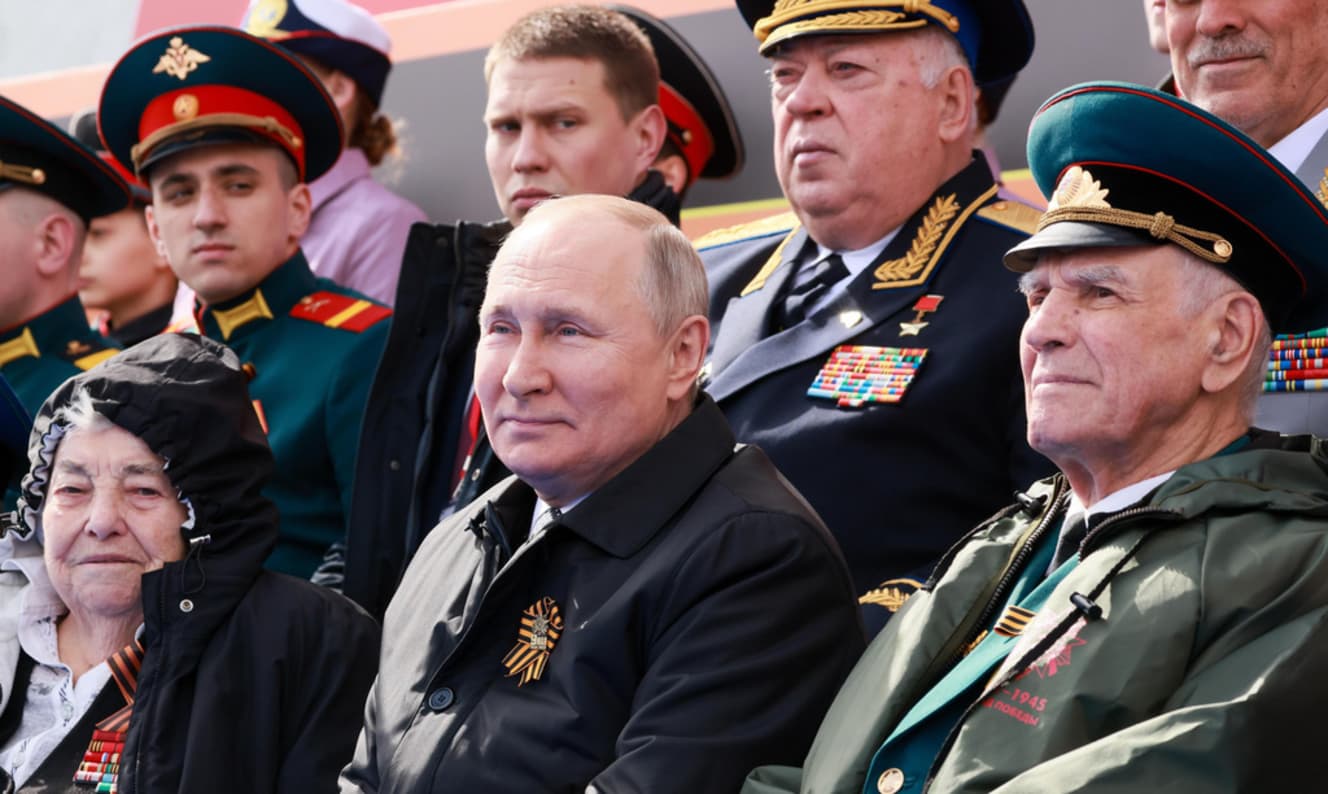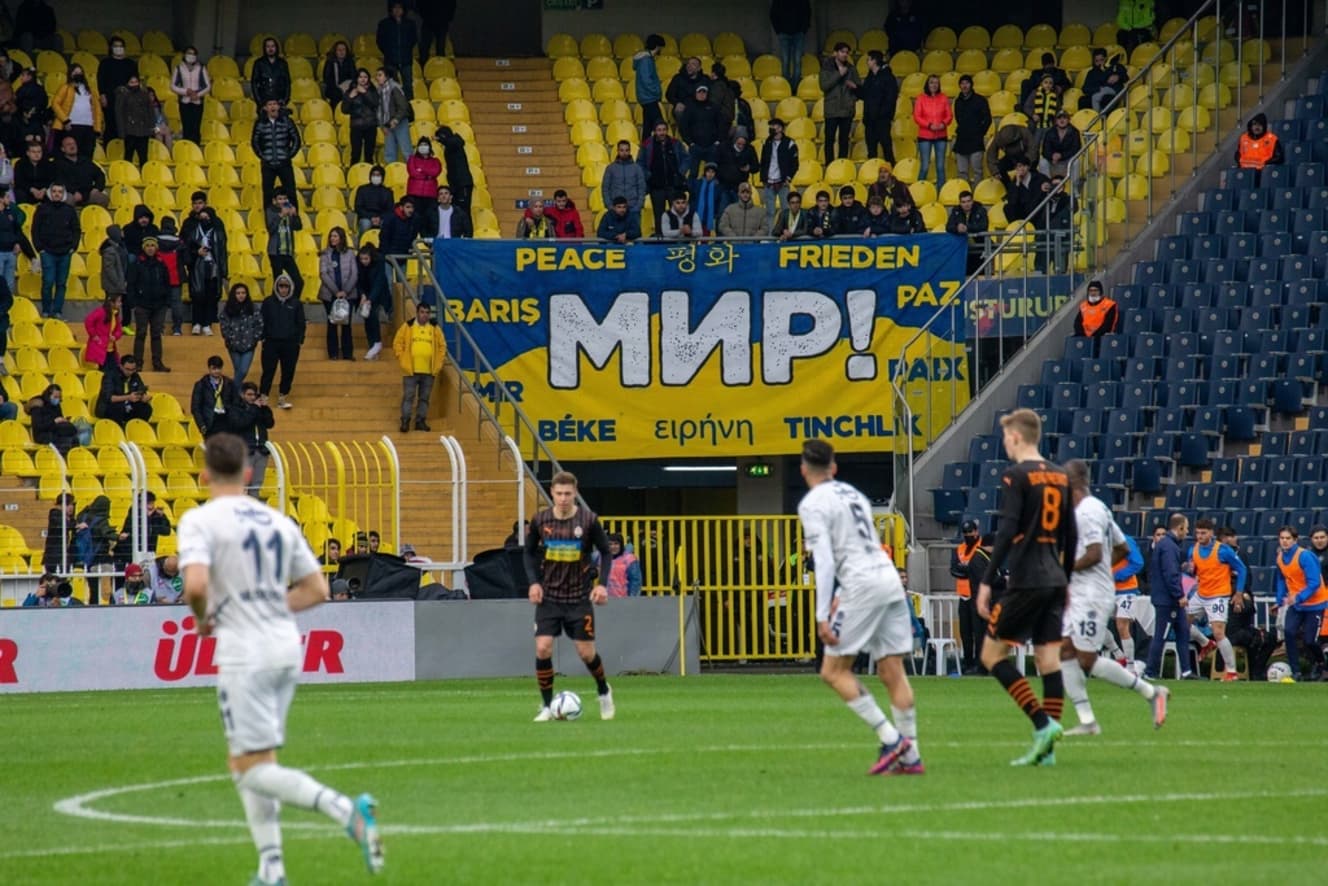The Shadow of War Stole Former National Blind Soccer Coach’s Appointment as Coach of Turkey
Invasion of Ukraine" and the "30-day rule" have eliminated "participation in the European Championships as a coach" for the first time in the Japanese soccer world.

Toshiyuki Takada, the former coach of Japan’s blind soccer team at last summer’s Tokyo Olympics and Paralympics, was offered the position of coach of the Turkish national team, a European powerhouse, but had turned it down.
At the time of the offer, Turkey was ranked 4th in the International Blind Soccer Association (IBSA) rankings, while Japan was ranked 12th (currently Japan is ranked 4th and Turkey is ranked 9th). Mr. Takada, who was open to the idea of assuming the post, had to deal with the “invasion of Ukraine” that began in late February, as well as other “constraints” peculiar to Japan.
I had a good offer from Turkey, but I gave it up,” he said. It was not anyone’s fault, but a matter of luck and fate. When we were about to close the deal, Russia began its invasion of Ukraine, and working in Turkey became a life-threatening situation, so even if we had been able to sign the contract, we might have had to cancel it in the middle of the deal.
(In late March (after negotiations had ended), the head of the Turkish federation sent me a letter signed by his own hand, apologizing for the fact that the contract had not gone well due to the Turkish side’s circumstances and saying that he would definitely like to work with me again in the near future.
Mr. Takada looked back with regret.
Takada, who coached the Japanese national blind soccer team at last summer’s Tokyo Paralympics, became a goalkeeping coach for the five-man soccer team in 2013, and was appointed coach in 2016. He publicly stated that the team would “win a medal” despite their first Paralympic appearance, and he made a major change from a defensive style to a team that could score points in order to transform the team into a “winnable” team that had never participated in a Paralympic Games since the Athens Olympics in 2004. The result was a fifth-place finish, but the team defeated European powerhouse France in the qualifying pool and Spain, then ranked No. 3 in the world, in the fifth- and sixth-place playoffs.
In contrast, the Turkish team had been steadily improving in recent years, participating in two consecutive Paralympic Games since 2012 and the World Championships since 2014. Turkey has professional blind soccer players contracted to play in its national league, and the Turkish national team is so strong that it has overseas players in its domestic league. Although the individual skills of the athletes had been honed, the team still lacked organizational strength, which is why Mr. Takada was asked to become the coach of the Turkish national team.
After the Paralympics, the Japan Blind Football Association (JBFA) did not ask Mr. Takada to continue as national team coach, and he resigned as national team coach at the end of September last year, but was first contacted by Turkey in December last year.
The Turkish national team will automatically qualify for the World Championships, which will also serve as a qualifying event for the 2024 Paris Olympics, if it finishes in the top three at the European Championships scheduled to be held in Italy in June. However, Mr. Takata was cautious because he knew that building a team overseas would not be easy.
I couldn’t bring a coach I trusted with me to the European Championships in June, and Turkish athletes don’t always listen to Japanese athletes.
Therefore, I suggested that it would be mutually beneficial for both parties to discuss a new contract until Paris (Paralympics), after having my team building and results evaluated, even if without pay until the June competition. The Turkish side understood my proposal, and the Board of Directors (of the Turkish Sports Federation for the Visually Impaired) had given its approval.
As of January, Mr. Takada and the Turkish side had reached a basic agreement on the appointment of a coach, and all that remained was to sign a formal contract. In the meantime, they proceeded with the procedures to obtain approval in Japan. One of the bottlenecks in the process was a contract called the “Full-time Coaching Director Agreement” (hereinafter referred to as the “30-day rule”), which is signed by a coach who is recommended by an athletic organization competing in the Paralympics and the Committee.
The agreement stipulated that after completing his/her coaching term at the Paralympic Committee, he/she must (1) not divulge any confidential information, including athlete information, and (2) notify the Paralympic Committee in writing when he/she starts working as a coach in a foreign country, and that he/she cannot start working abroad within 30 days after the notification.

In 2015, the Japan Paralympic Committee (JPC) took the lead in launching a grant program to provide financial support not only to athletes aiming to win medals, but also to coaches who coach athletes. The money given to coaches who are eligible for this program comes from the national taxpayers’ money, so the JPC does not want to make it easy for information obtained during the coaching period to be leaked overseas.
Since the contract is renewed for one year, Mr. Takada signed it every year during his tenure as coach, but after his contract expired at the end of September of last year, he completed the procedures to decline the application of this system, and is now only waiting for the contract from Turkey, which he was required to submit as a document to the Japan Blind Football Association.
At the time when Mr. Takada was approved by the Turkish board of directors to take over as coach in January, the spread of the new coronavirus in Japan continued unabated, and the number of infected people in Tokyo exceeded 10,000 on many days. At the time, the Turkish contracting officer could not come to Japan, but Mr. Takada could enter Turkey if he tested negative in a PCR test.
The Turkish contracting officer also asked him if he would come here once, but even if he flew there immediately and signed the contract, he would not be able to provide guidance immediately because of the “30-day rule. Therefore, Mr. Takada waited in Japan for the contract to arrive from Turkey. In the meantime, the invasion of Ukraine by Russia had begun.
Turkey is geographically close to Russia and Ukraine, facing each other across the Black Sea, and it is said that the Turkish foreign minister played a role in the realization of the first meeting between Russian and Ukrainian foreign ministers in March. Both Russia and Ukraine have friendly relations with Turkey, with many tourists from both countries visiting Turkey. Thus, the war has had no small impact on them to this day.
After the invasion of Ukraine, the Turkish side suddenly lost contact with Mr. Takada, and negotiations for the contract were not progressing, and the contract negotiations had to be terminated at the end of March. The “European Championship,” which Mr. Takada was initially eager to take charge of in June, is comparable to the European Championships (EURO) in terms of able-bodied soccer. Japanese soccer leaders had been looking forward to the idea of a Japanese coach taking charge of the Turkish national team, but the historic feat has been lost.
The offer from Turkey is a recognition not only of me but also of the efforts of the players, coaches, and staff of the national team who fought together with me. It is of course unfortunate that the Turkish offer was not finalized, but I am sure that there will be other offers from abroad in the future, regardless of the sport, for other coaches as well as myself. I hope that the contents and application of the ’30-day rule’ will be considered again so that those people can smoothly take a new step forward.”
The invasion of Ukraine and the existence of the contract: ……. Mr. Takata was consequently deprived of his dream stage by something over which he had no control. He sincerely hopes that he alone will end up experiencing this regret.
